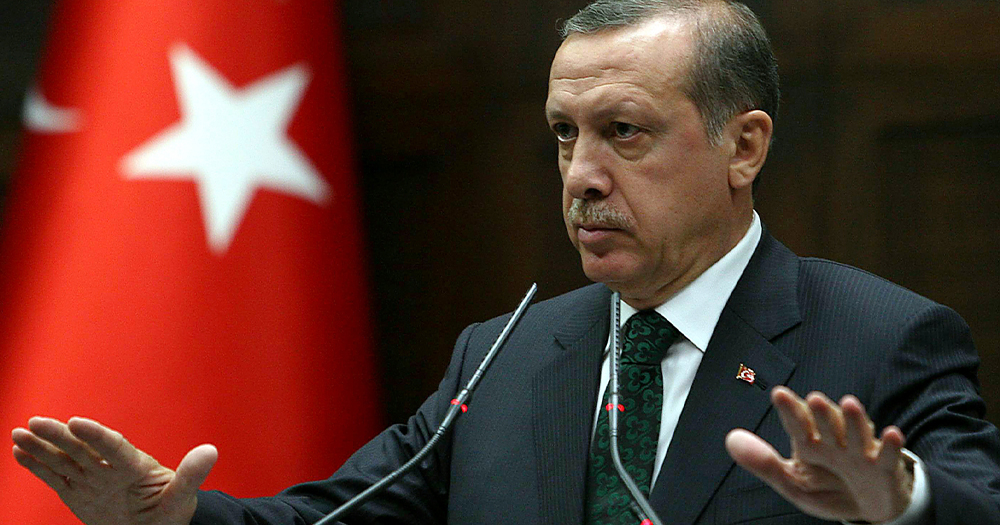Today (Thursday July 1), Turkey has officially withdrawn from the international treaty to prevent gender-based violence. The current government has accused the treaty of undermining ‘traditional’ family values.
President Tayyip Erdogan sparked outrage in March by pulling out from the world’s first binding treaty to prevent and combat violence against women, known as the Istanbul Convention. Some see the Convention as promoting homosexuality through its principle of non-discrimination on grounds of sexual orientation.
In the city of Istanbul, the Council of Europe’s convention was launched 10 years ago to prevent, prosecute, and eliminate domestic abuse and gender-based violence.
Protests were set to take place across Turkey after a court appeal to halt the proposed withdrawal was rejected this week. Earlier this year major Turkish cities were brimming with student-led protests supporting broader rights.
Canan Gullu, president of the Federation of Turkish Women’s Associations, said on Wednesday, “We will continue our struggle. Turkey is shooting itself in the foot with this decision.”
She said that since March, women and other vulnerable groups had been more reluctant to ask for help and less likely to receive it, with Covid19-fuelled economic difficulties causing a dramatic increase in violence against them.
Justifying the decision to withdraw from the treaty, Erdogan’s top press aide Fahrettin Altun, said the treaty’s references to gender-based abuses had been “hijacked by people attempting to normalise homosexuality.” The LGBTQ+ movement is “incompatible” with Turkey’s social and family values, Altun added.
But women’s rights groups accuse the government of withdrawing from the treaty to appease conservatives at a time when Erdogan’s ruling party is recording lower levels of support.
Now that Turkey has withdrawn from the treaty, the government is no longer required to adopt legislation linked to the prosecution of crimes including marital rape and female genital mutilation.
Femicide has surged in Turkey, with one monitoring group logging roughly one case per day in the last five years. Rights organisations say Erdogan’s decision will put women at greater risk of violence when femicide is already prevalent in Turkey.
According to the rights group We Will Stop Femicide Platform, 300 women were murdered in the country last year, while 189 have been killed so far this year.
© 2021 GCN (Gay Community News). All rights reserved.
Support GCN
GCN is a free, vital resource for Ireland’s LGBTQ+ community since 1988.
GCN is a trading name of National LGBT Federation CLG, a registered charity - Charity Number: 20034580.
GCN relies on the generous support of the community and allies to sustain the crucial work that we do. Producing GCN is costly, and, in an industry which has been hugely impacted by rising costs, we need your support to help sustain and grow this vital resource.
Supporting GCN for as little as €1.99 per month will help us continue our work as Ireland’s free, independent LGBTQ+ media.
